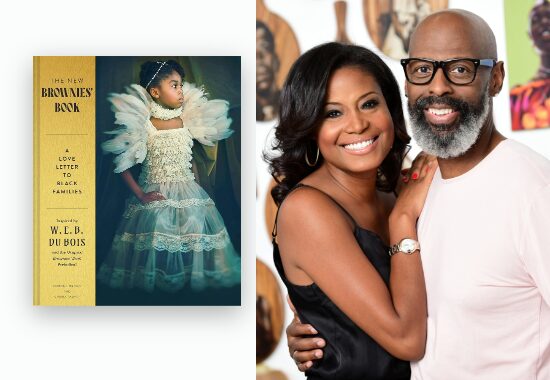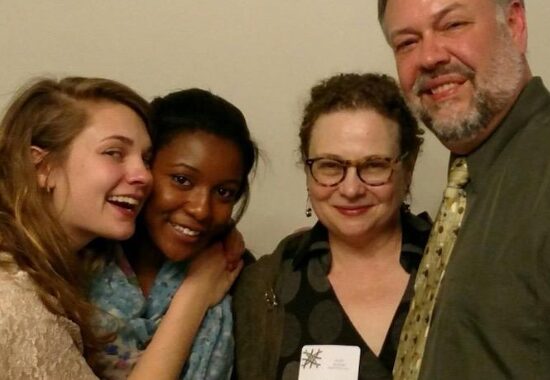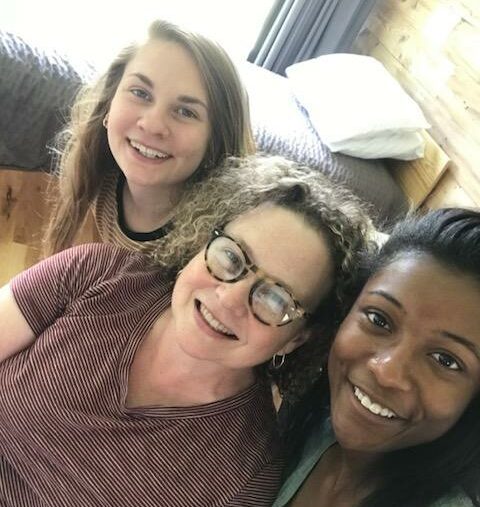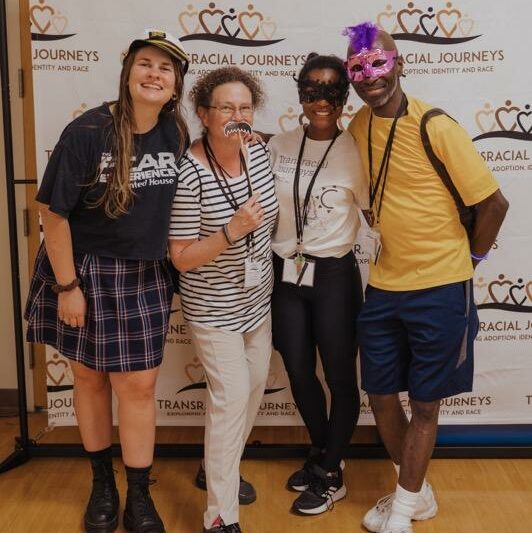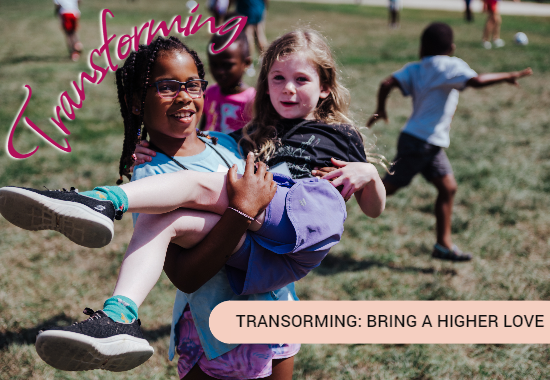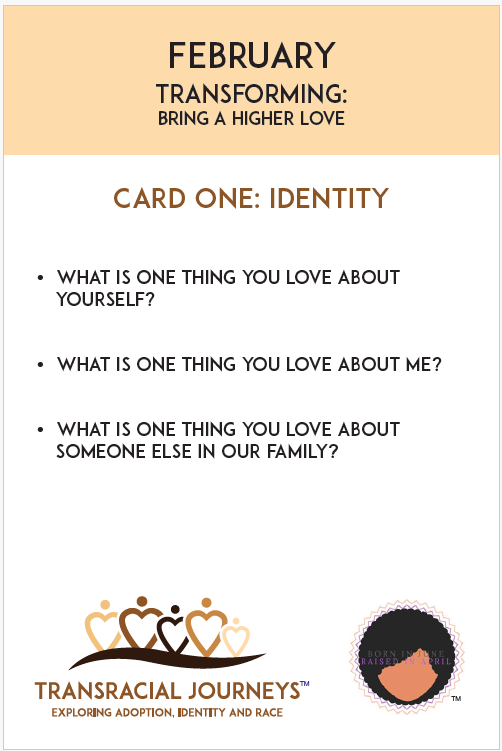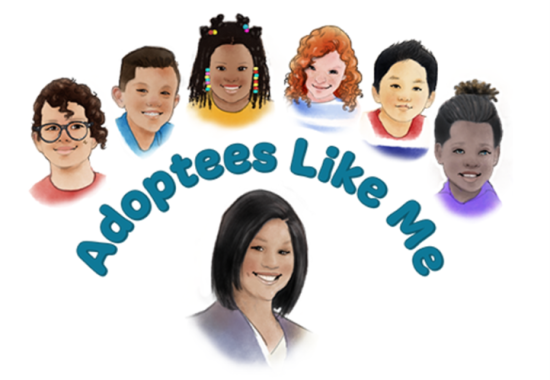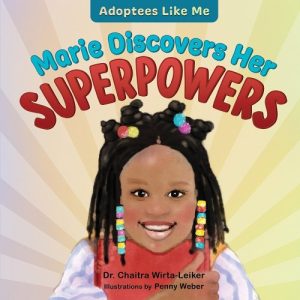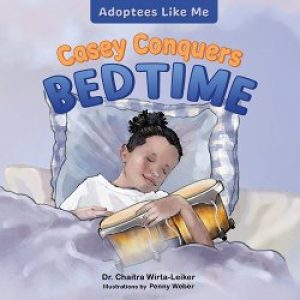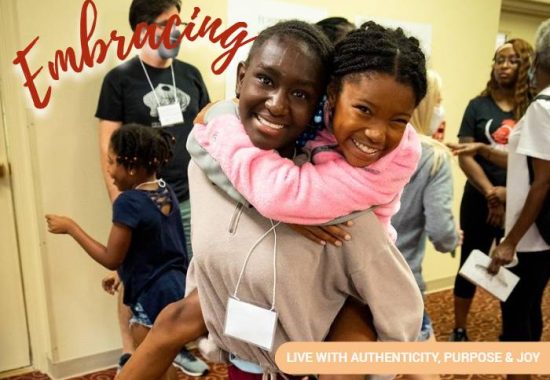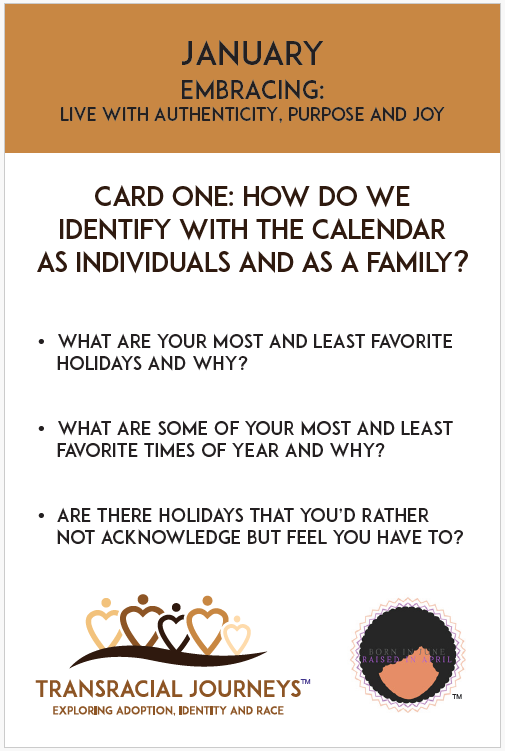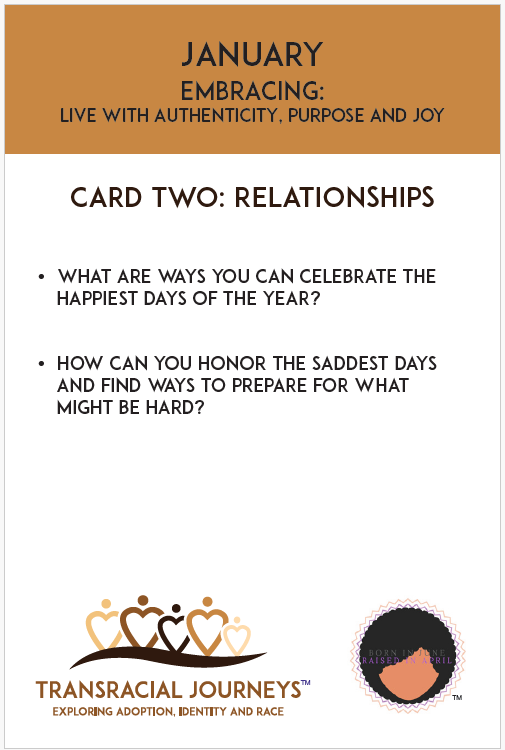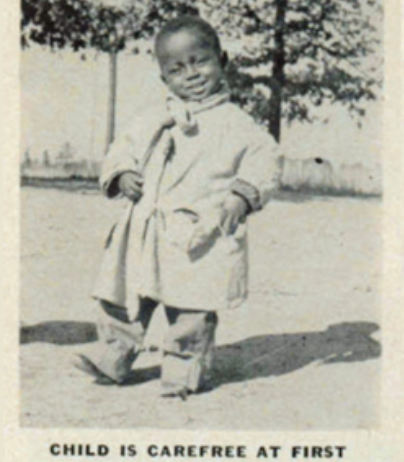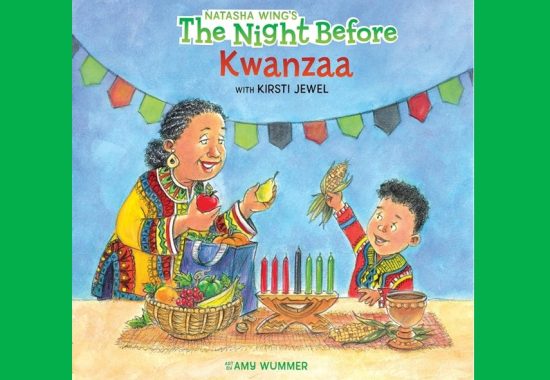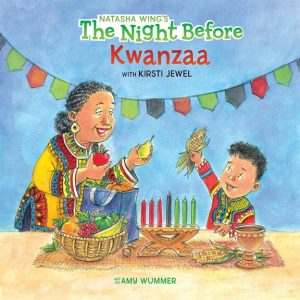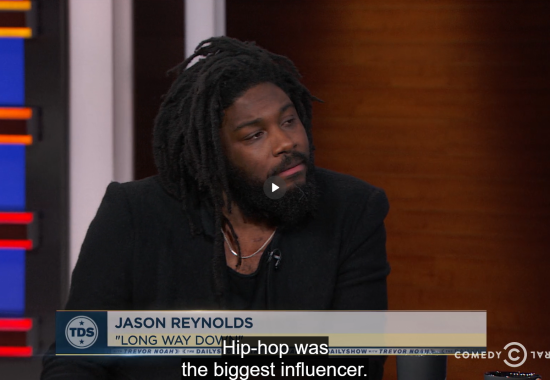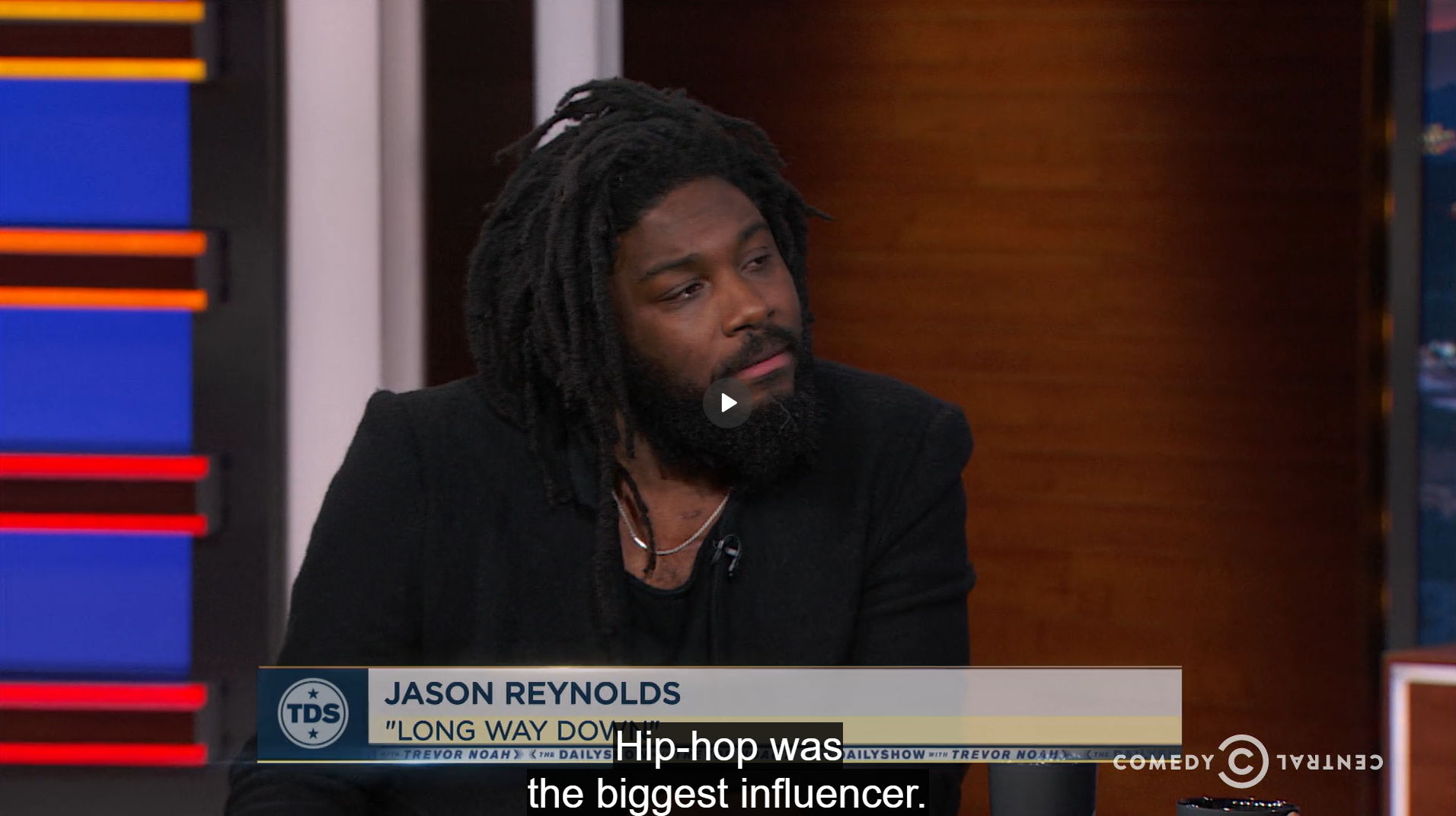Book Corner:
The New Brownies' Book
A Love Letter to Black Families
From Chronicle Books
Inspired by the groundbreaking work of W. E. B. DuBois, this beautiful collection brings together an outstanding roster of Black creative voices to honor and celebrate Black excellence.
The New Brownies' Book reimagines the very first publication created for African American children in 1920 as a must-have anthology for a new generation. Expanding on the mission of the original periodical to inspire the hearts and minds of Black children across the country, esteemed scholar Karida L. Brown and award-winning artist Charly Palmer have gathered the work of more than fifty contemporary Black artists and writers. The result is a book bursting with essays, poems, photographs, paintings, and short stories reflecting on the joy and depth of the Black experience-an immersive treasure trove that reminds readers of all ages that Black is brilliant, beautiful, and bold.
IMPORTANT HISTORICAL LEGACY: In 1920, W. E. B. Du Bois and the founders of the NAACP published The Brownies' Book: A Monthly Magazine for Children of the Sun, which included art, stories, letters, and activities to inspire children, share Black history, and celebrate their identities. As the first periodical for African American youth, this was an important work in the history of children's literature. The New Brownies' Book revives its mission to inspire the young readers of today.
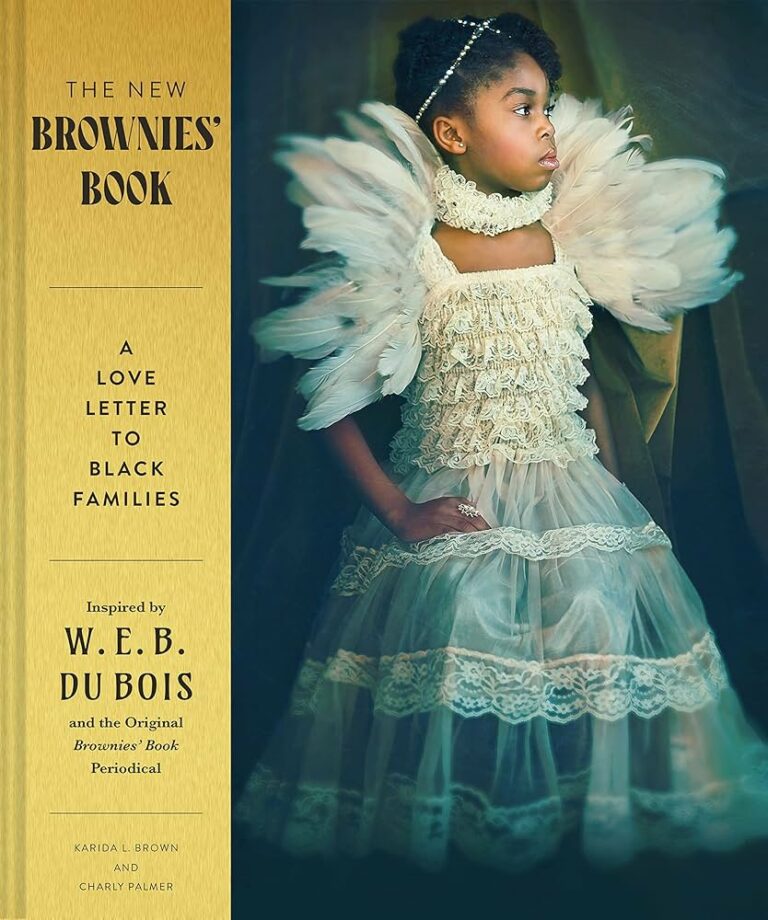
Black Excellence
INCREDIBLE CONTRIBUTORS: This book features the work of talented and exciting Black creators, including playwright and poet Ntozake Shange, writer and editor Damon Young, Def Poetry Jam co-creator and painter Danny Simmons, sociologist and educator Dr. Bertice Berry, children's book illustrator James E. Ransome, muralist Fabian Williams, collage artist Marryam Moma, and many more.
BEAUTIFUL KEEPSAKE: This collection presents a celebratory array of artwork, from detailed paintings and drawings to photographs and collages. It includes stories meant to be shared by children and adults, offering a way for all families-especially Black families-to connect across generations through the power of literature. With its meaningful content and deluxe packaging, this hardcover volume makes a thoughtful gift for new parents, grandparents, or inquisitive readers of all ages.

Karida L. Brown and Charly Palmer
Note to TRJ Parents:
This beautiful book is packed with content that will inspire joy, evoke sadness, and demand reflection. Before diving in with children and young people, be sure to read through some of the essays, poetry, and articles. In the center of the book is a graphic essay entitled “I Don’t Want to be Black” - story and art by KEEF Cross and written by Shannon Byrd. It’s a very relevant commentary on how some Black children wish they were not Black because of how they are treated. Please be sure to read this one and process before you read with children. Not every Black child might wish they were not Black but some may and voice that and some may and not. This essay can be a good starting place to explore the topic when you are ready.

